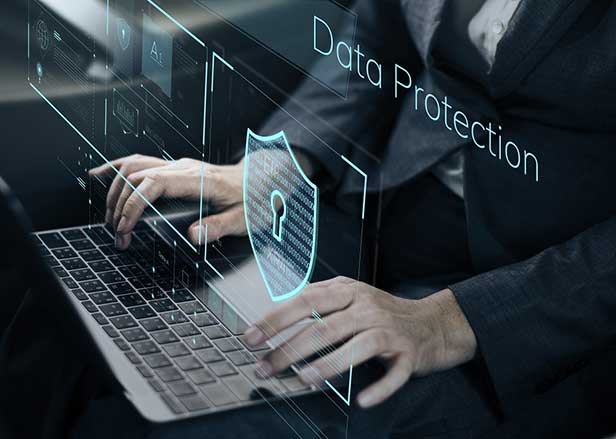September 08, 2020
5 Crucial Steps to Improve Cybersecurity & Prevent Data Breaches
With some of the biggest businesses in our industry suffering major cybersecurity breaches, data protection and privacy need to be top of mind. Make sure your company is doing everything possible to prevent a cybersecurity incident and that you're prepared to survive one with minimal financial and reputational impacts if it happens.

While we all might feel distracted during the COVID-19 pandemic, hackers are busier than ever. In fact, online scams have exploded, preying on people's fear and vulnerability, particularly as more and more companies adopt work-from-home setups.
Cybersecurity by the Numbers
Cybercrime is projected to cost businesses up to $2 trillion a year worldwide, according to Forbes Magazine. What's more, a single data breach of a small business in the U.S. costs an average of $2.74 million, according to the 2019 Cost of Cybercrime Report by Ponemon Institute.
Is Cybersecurity an Issue During the Pandemic?
Cybersecurity isn't just an issue, it's a national crisis impacting all U.S. businesses, no matter their size or industry. In fact, cyber and data breach insurance provider 360 Coverage Pros has seen an over 300% increase in client cyberattacks and data breaches since the beginning of the COVID-19 outbreak. This is partly because cybercriminals like to strike targets when they least expect it or when they're at their weakest. The FBI recently identified all U.S.-based businesses as high-value targets for disruptions from COVID-19, which will "very likely create opportunities for criminal and national security threats."
The risks increase when so many companies are conducting most of their business online. One example: the rise of fake email campaigns that appear to come from reliable sources, such as a member's bank, the CDC (Centers for Disease Control and Prevention) or the SBA (Small Business Administration) regarding PPP loans. All it takes is opening one wrong email or attachment to be infected with malware or spyware, or to trigger a crypto locker, which can hold all computer systems and data for ransom.